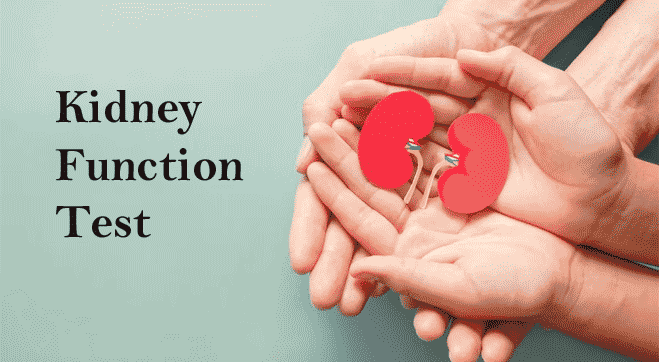The kidneys in the human body are located on either side of the spinal cord. It is the primary function of kidneys to filter waste materials from the human body. Apart from this, kidneys are instrumental in maintaining an optimal level of water and other essential minerals in the body. They play a vital role in the production of vitamin D, hormones that regulate blood pressure and Red blood cells. When the kidneys are functioning well, all of the aforementioned processes function seamlessly. This is what a kft test determines.








